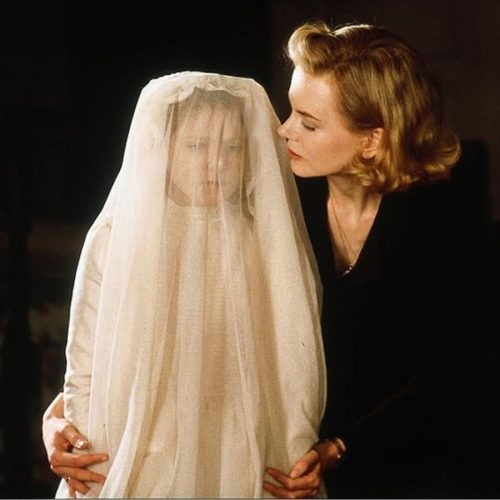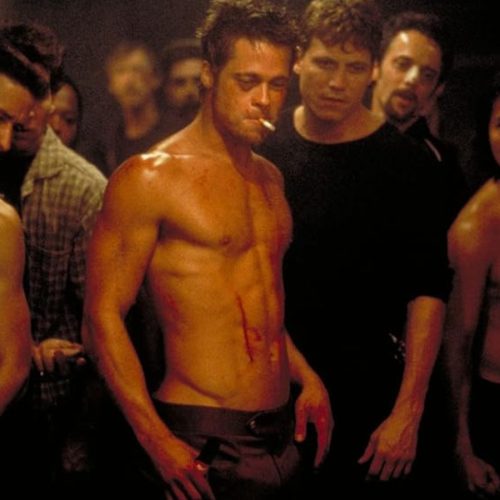Ah, the captivating allure of new TV shows! They lure us in with promising plots and characters, only to sometimes lead us down a rabbit hole of disappointment. Let’s take a look at some shows that kicked off with flair but lost their sheen over time.
Lost
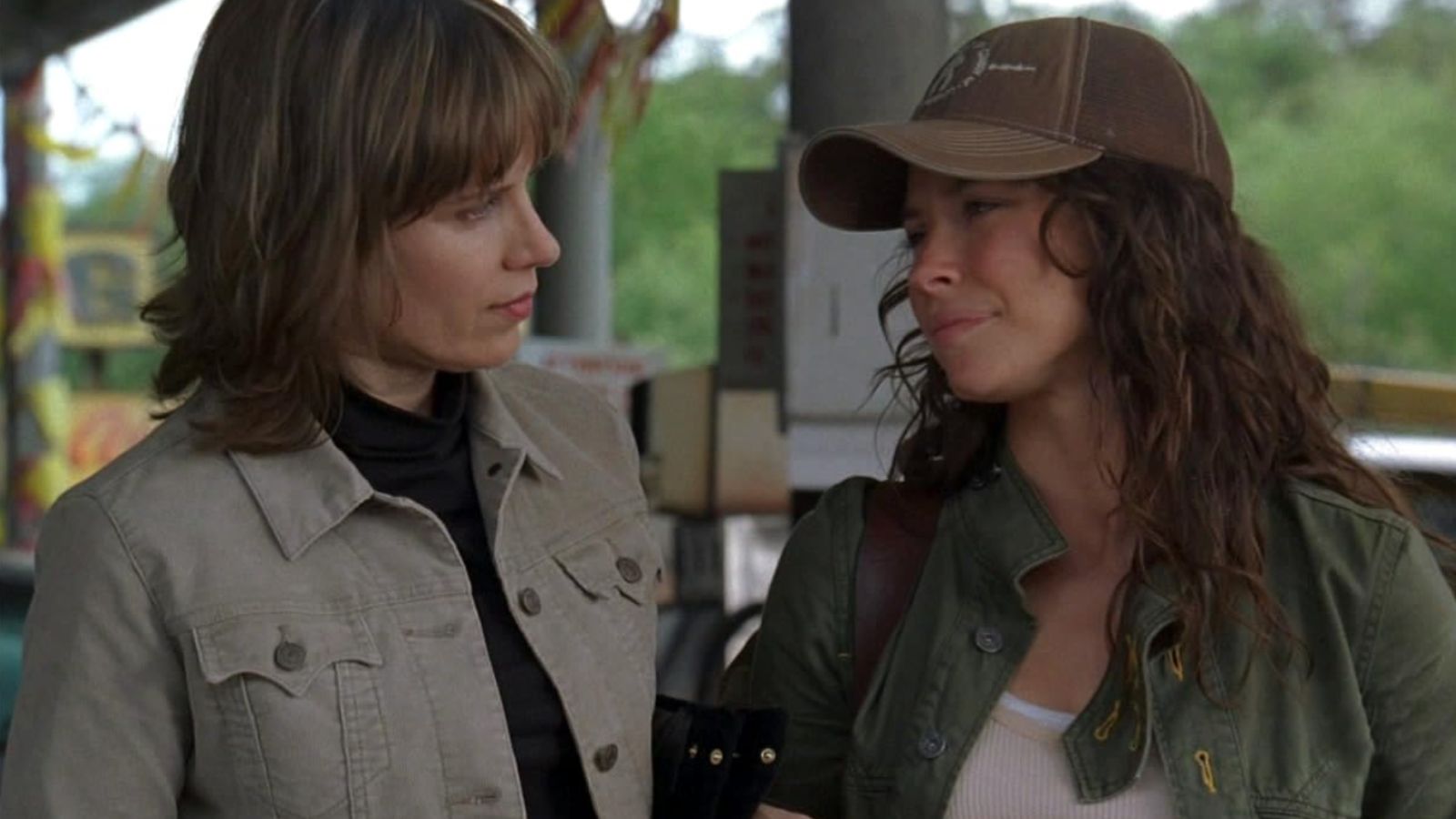
A gripping survival story, “Lost” initially pulled us in with a tantalizingly mysterious island inhabited by plane crash survivors. Then came the confusing additions: polar bears, smoke monsters, and out-of-place scientific facilities. Viewers were suddenly overwhelmed, ironically feeling as lost as the protagonists.
Grey’s Anatomy
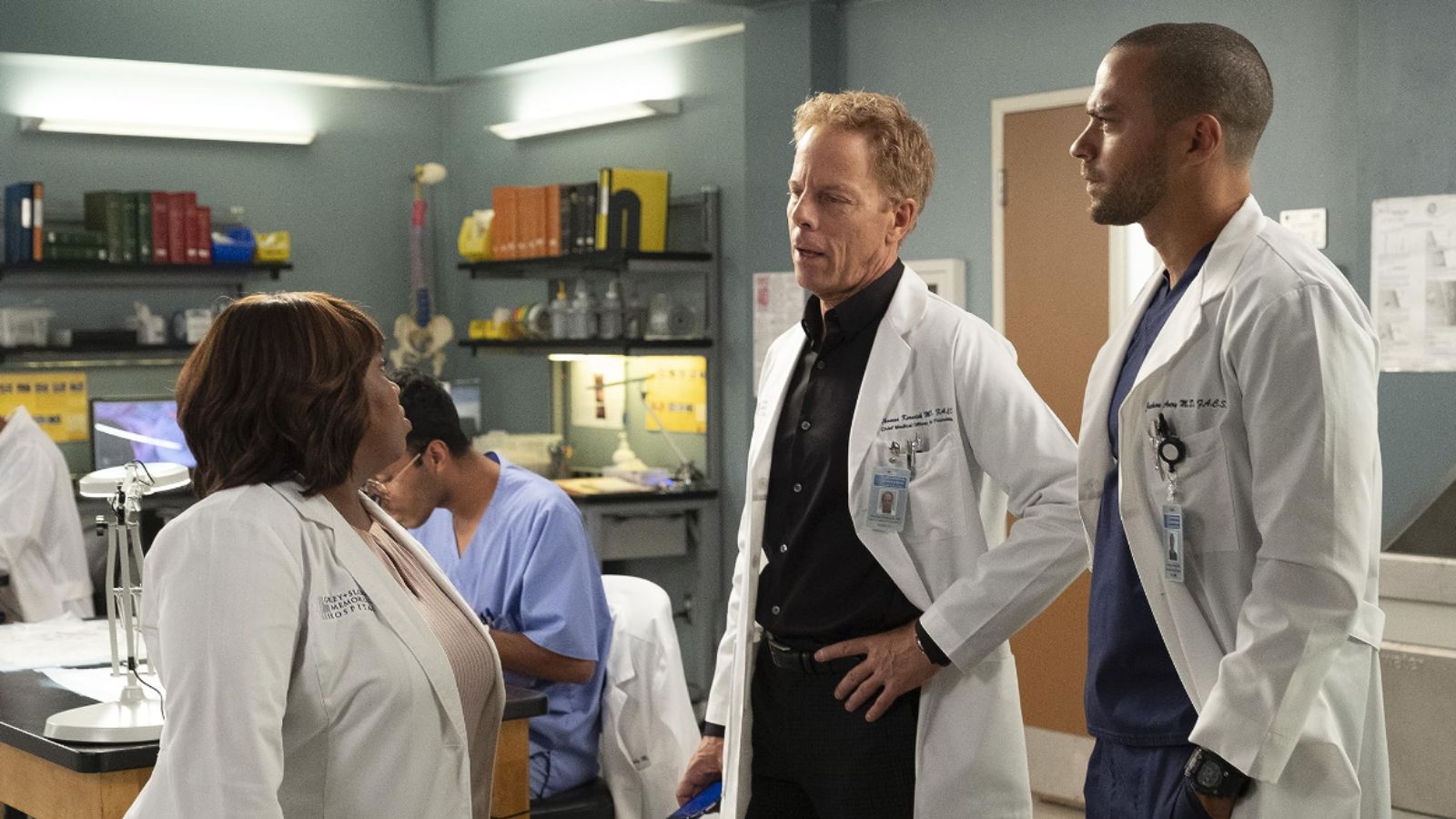
Starting off, we were fascinated by the complex lives of the young and ambitious surgeons at Grey Sloan Memorial Hospital. But as seasons piled up, so did the dramatic departures of key characters and a cycle of ever-escalating disasters. The show began to feel more like a dramatic whirlwind than a poignant medical drama.
Weeds
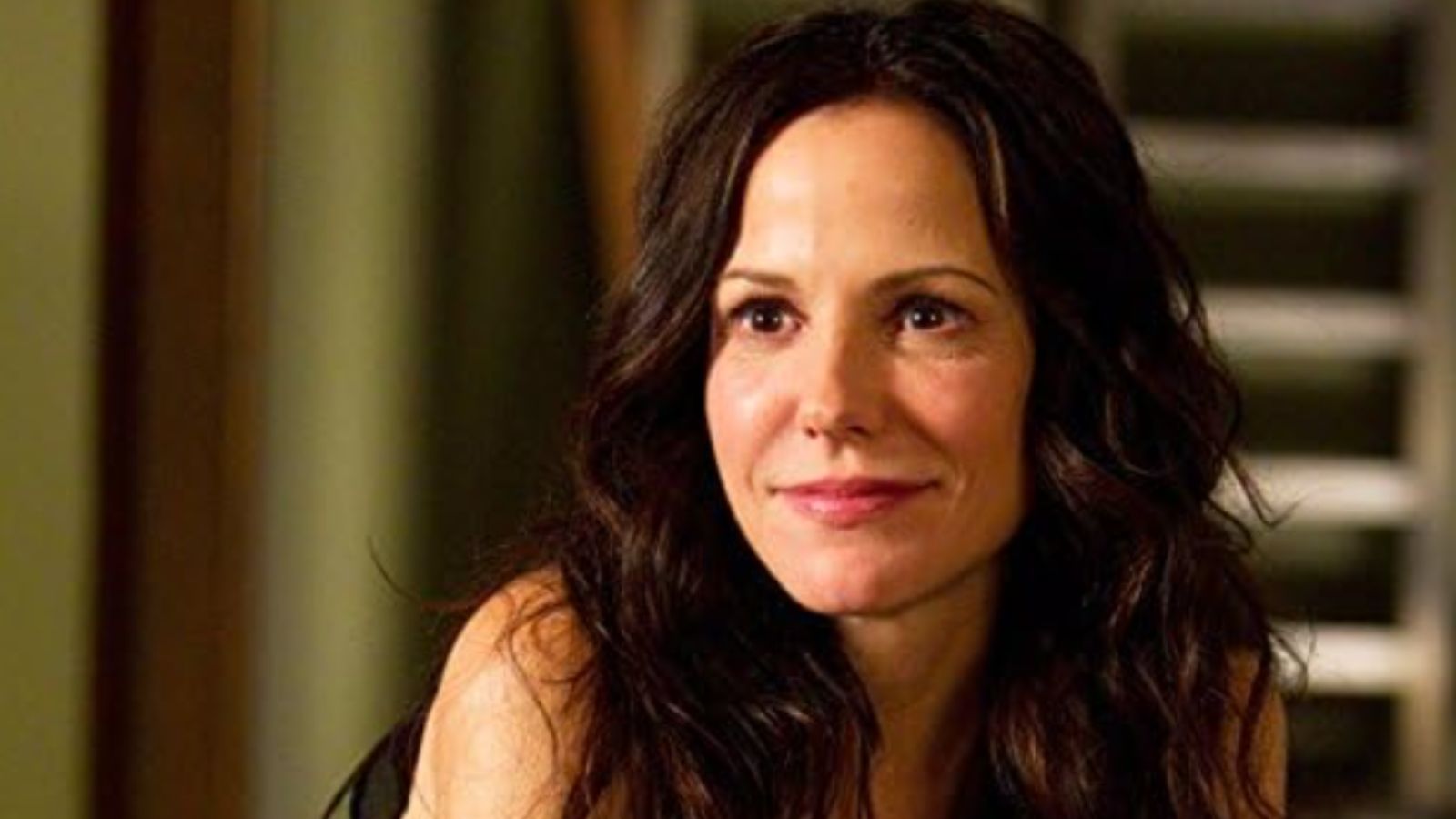
The premise was fresh and exciting: a suburban mom turns to selling marijuana to sustain her family. The initial seasons expertly blended humor with real societal critiques. However, as Nancy ventured into harder drugs and cartels, the show began to stretch reality, and the once-charming dark comedy grew disjointed and overly exaggerated.
How to Get Away With Murder
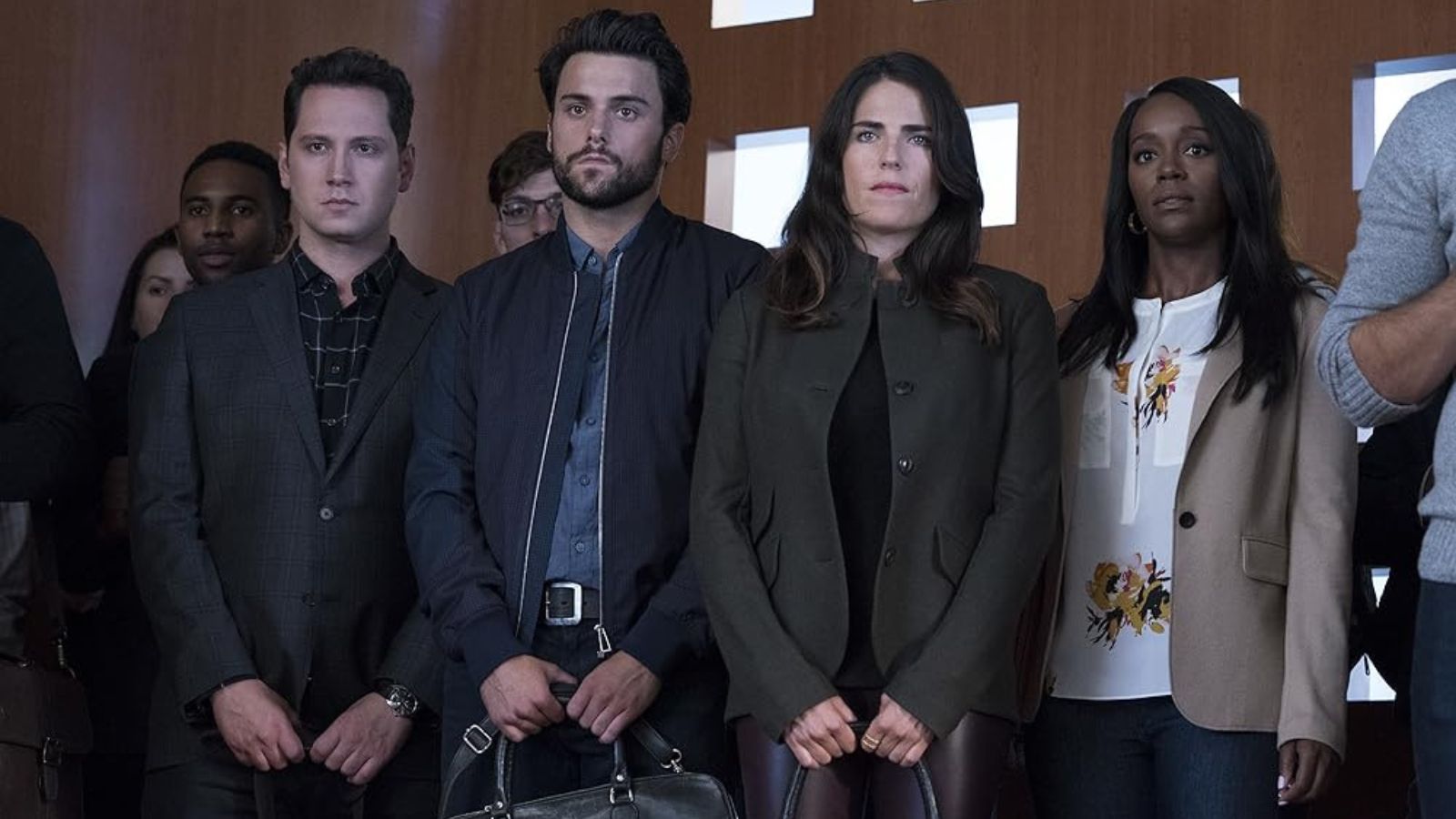
With a stellar cast and an exciting plot of murder mixed with legal drama, this show promised intelligent twists. Annalise Keating’s commanding presence and the suspense of each episode’s murder case kept us glued. Yet, as the seasons progressed, the narrative lost its tight pacing, and plot twists felt more forced than organic.
The Flash
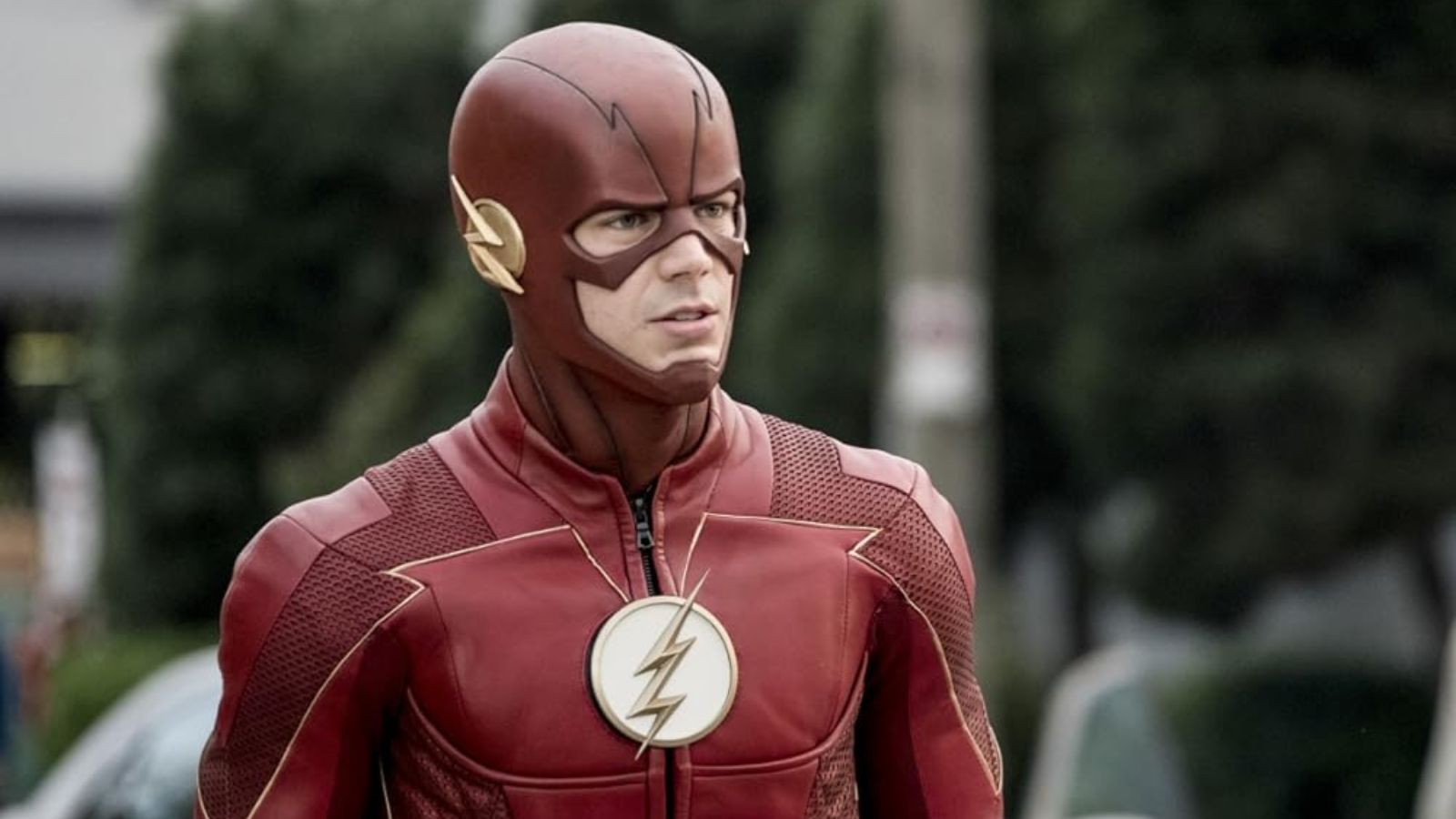
Barry Allen’s journey from a forensic scientist to a superhero was electrifying. The idea of parallel universes and time travel added layers of intrigue. However, as more timelines and doppelgangers emerged, the narrative became muddled. The once thrilling speedster’s journey turned into a weary marathon.
13 Reasons Why
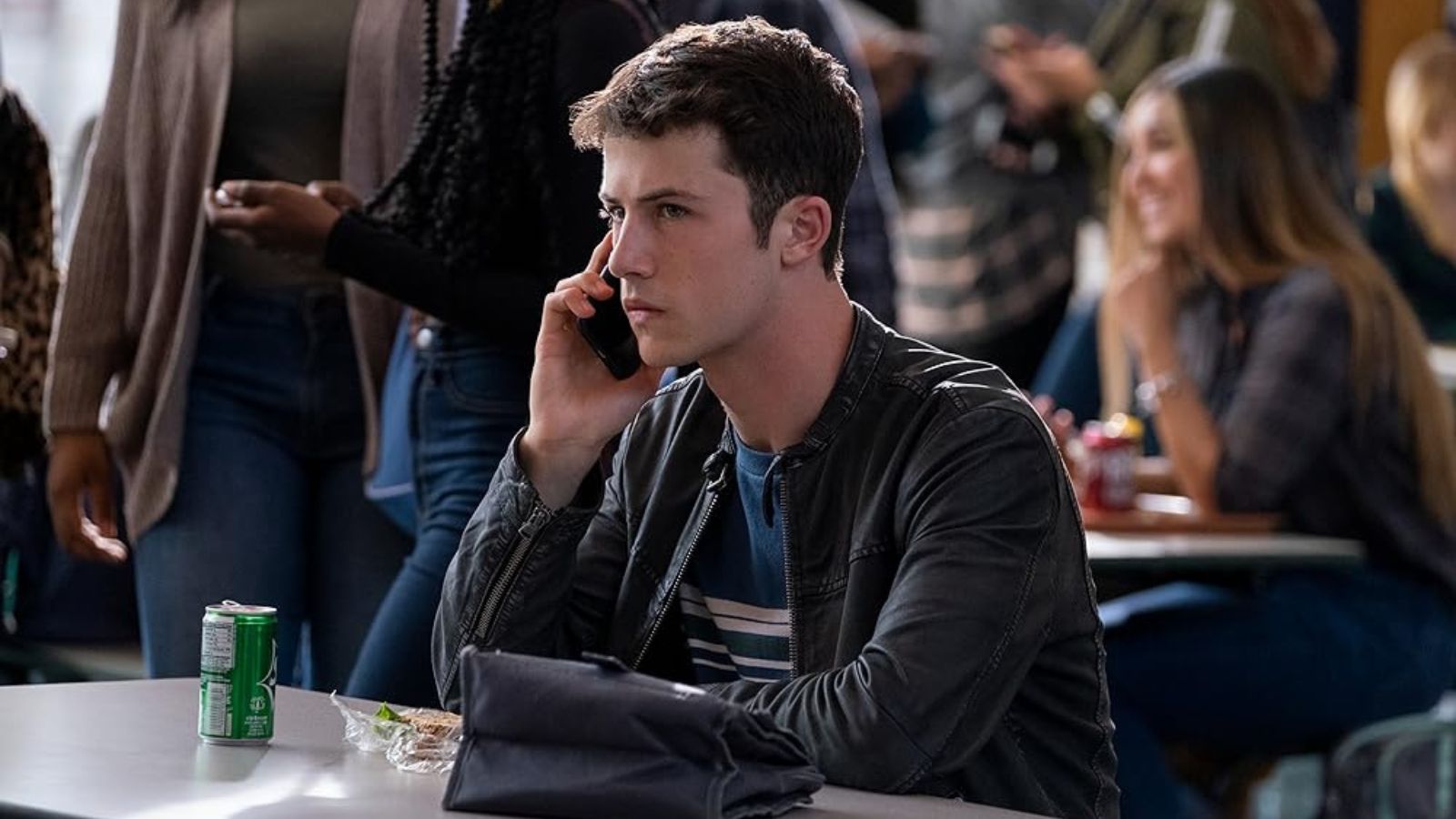
The show’s raw portrayal of teen mental health was ground-breaking. The first season, centered around Hannah’s tapes, served as a poignant commentary on bullying and its consequences. But subsequent seasons introduced controversial storylines that often lacked the sensitivity of the debut season.
Prison Break
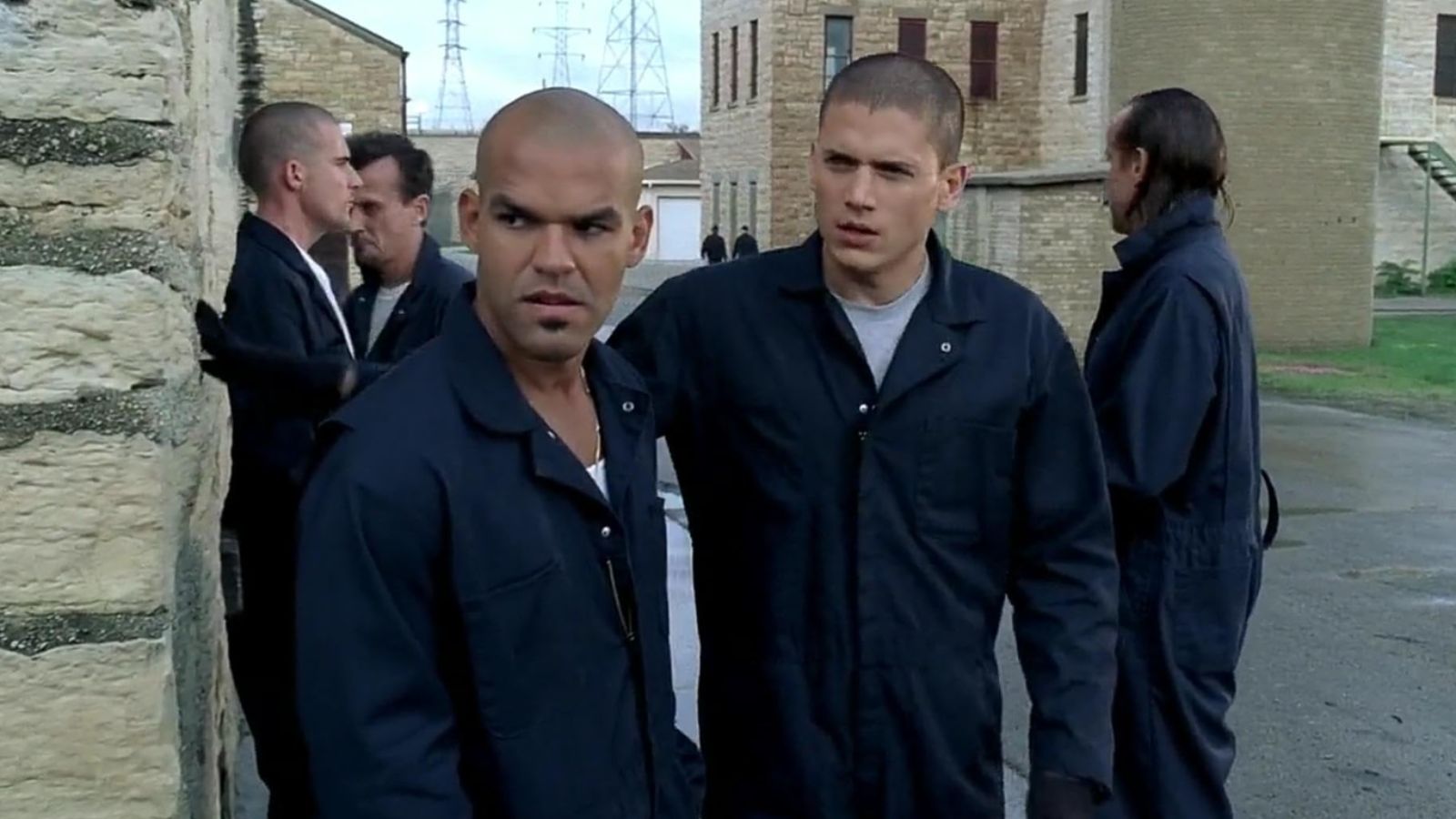
The show started strong with Michael Scofield’s intricately tattooed escape plan, showcasing his brilliance and the lengths he’d go to for his brother. But as they broke out, were recaptured, and broke out again from various prisons, the initial excitement wore thin. The constantly shifting motivations and alliances made it feel like a never-ending game of escape artist tag.
Bones
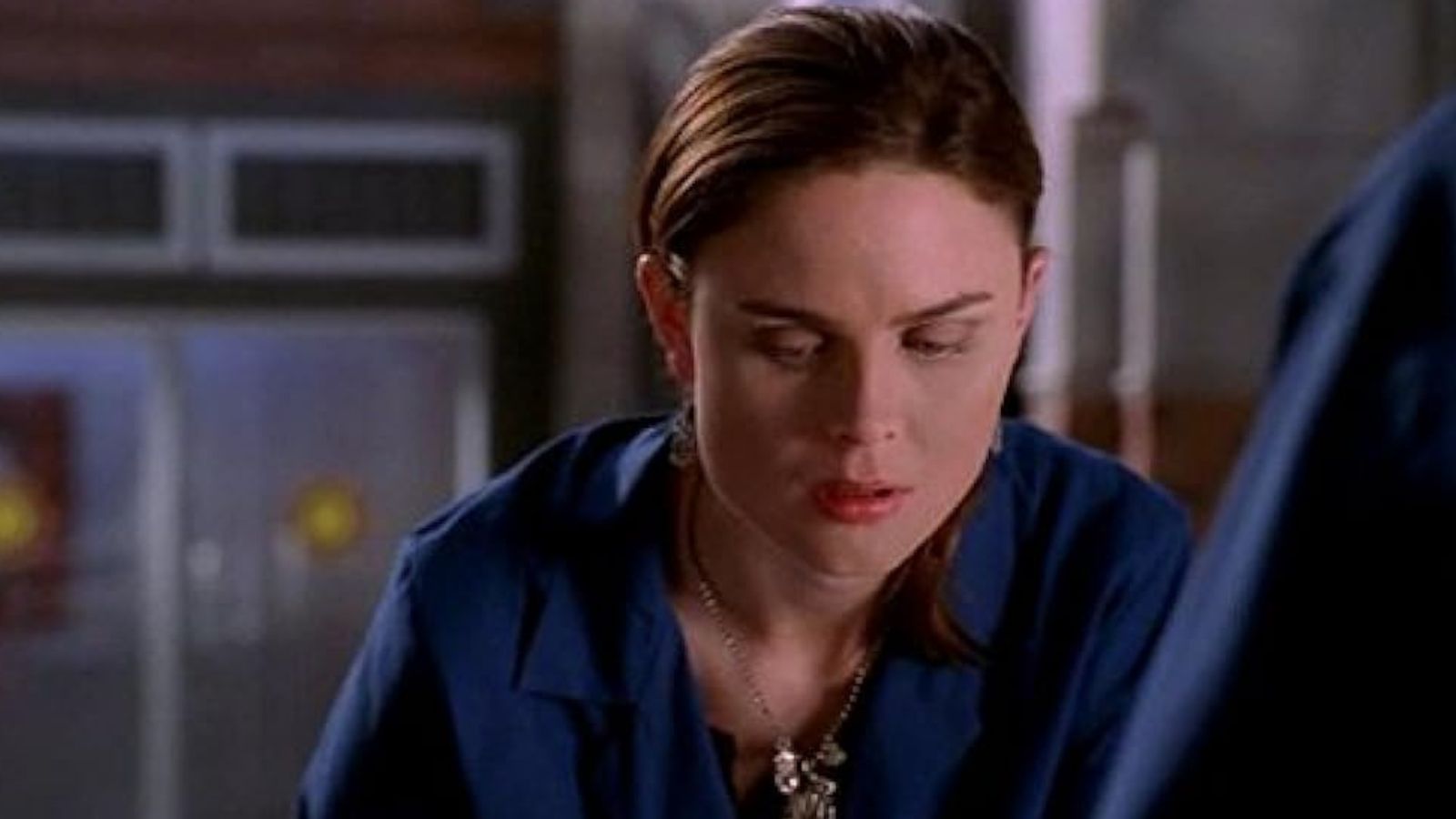
The charm of “Bones” was its unique pairing: a forensic anthropologist with a strict scientific approach and an intuitive FBI agent. Their cases, often morbid, were smart and engaging. But as the series aged, the focus shifted from intriguing cases to the duo’s personal dramas. This overemphasis on their relationship dynamics overshadowed the things that fans loved.
Dexter
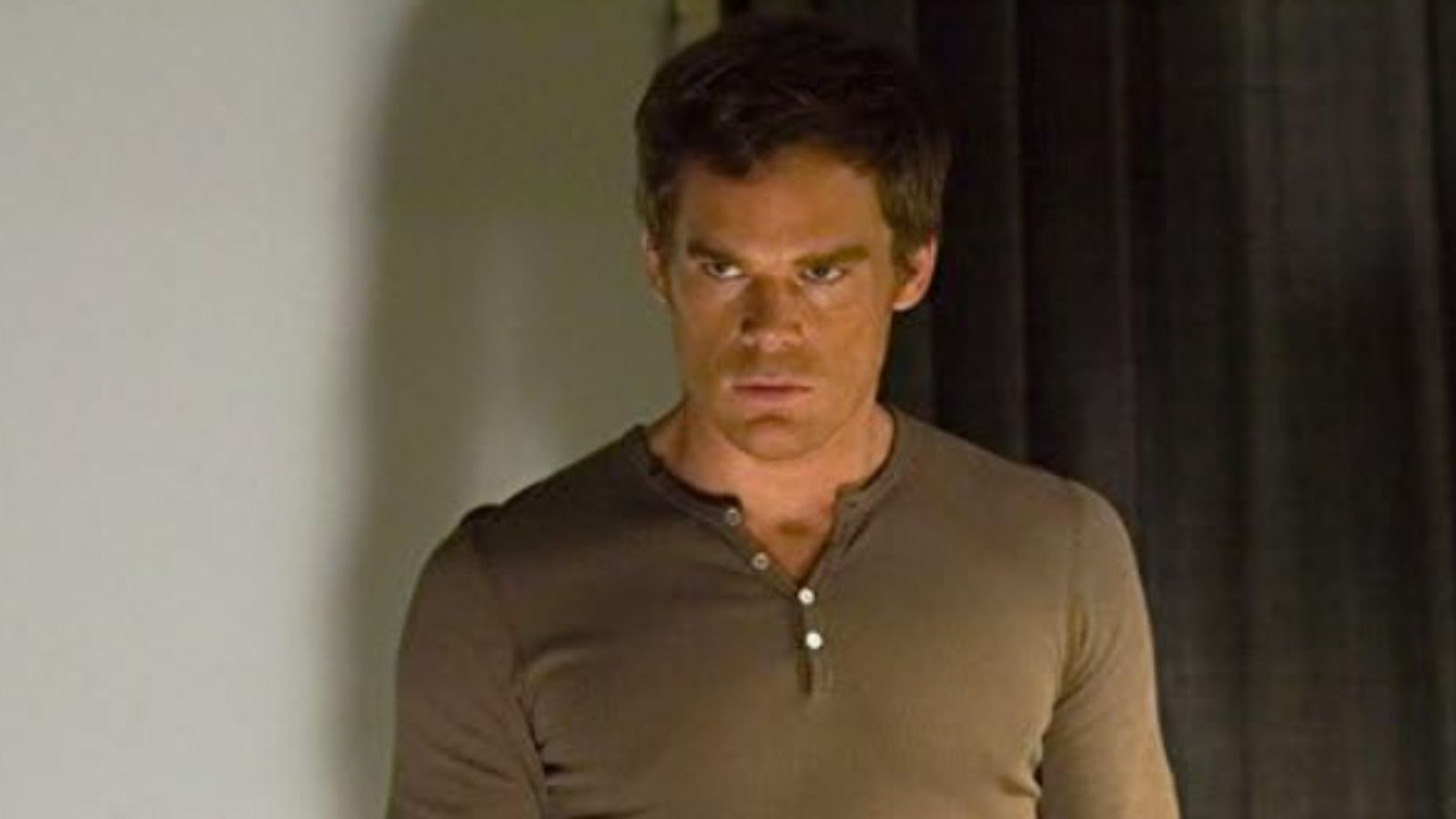
“Dexter” gave us a killer — pun intended — premise. A blood-spatter analyst for the police, who moonlights as a vigilante serial killer, gave fans a thrilling cat-and-mouse game. However, plotlines soon became increasingly far-fetched, and the once-beloved character arcs seemed to meander, leading to an ending that left many unsatisfied.
True Blood
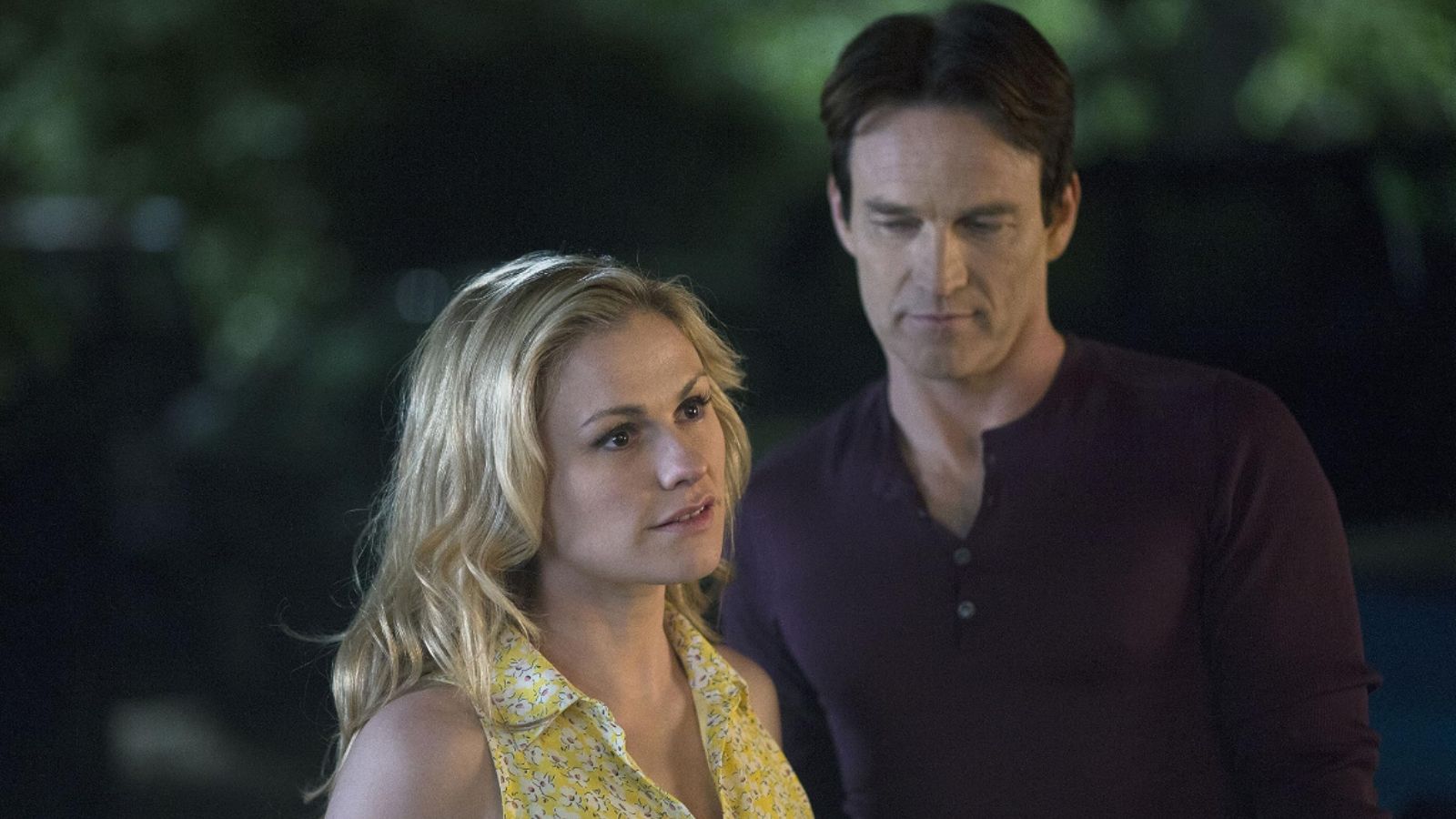
A unique take on vampire lore, “True Blood” blended Southern Gothic romance with dark humor. The earlier seasons were an irresistible mix of mystery, passion, and horror. But as werewolves, fairies, and witches entered Bon Temps, the plotlines started to feel overstuffed and inconsistent, sucking the life out of its initial charm.
Game of Thrones

“Game of Thrones” told a tale of power, politics, and dragons with intricate plots and morally gray characters. The early seasons were marked by unexpected twists and nuanced character development. Yet, as the series neared its conclusion, pacing issues and a series of controversial character decisions left fans divided and betrayed.
Glee

A harmonious blend of catchy musical numbers and high school drama, “Glee” initially struck a chord with audiences. With topical issues mixed with entertaining performances, it was a hit. But as storylines began to repeat and character arcs grew wilder, the series lost its once-vibrant note.
House of Cards
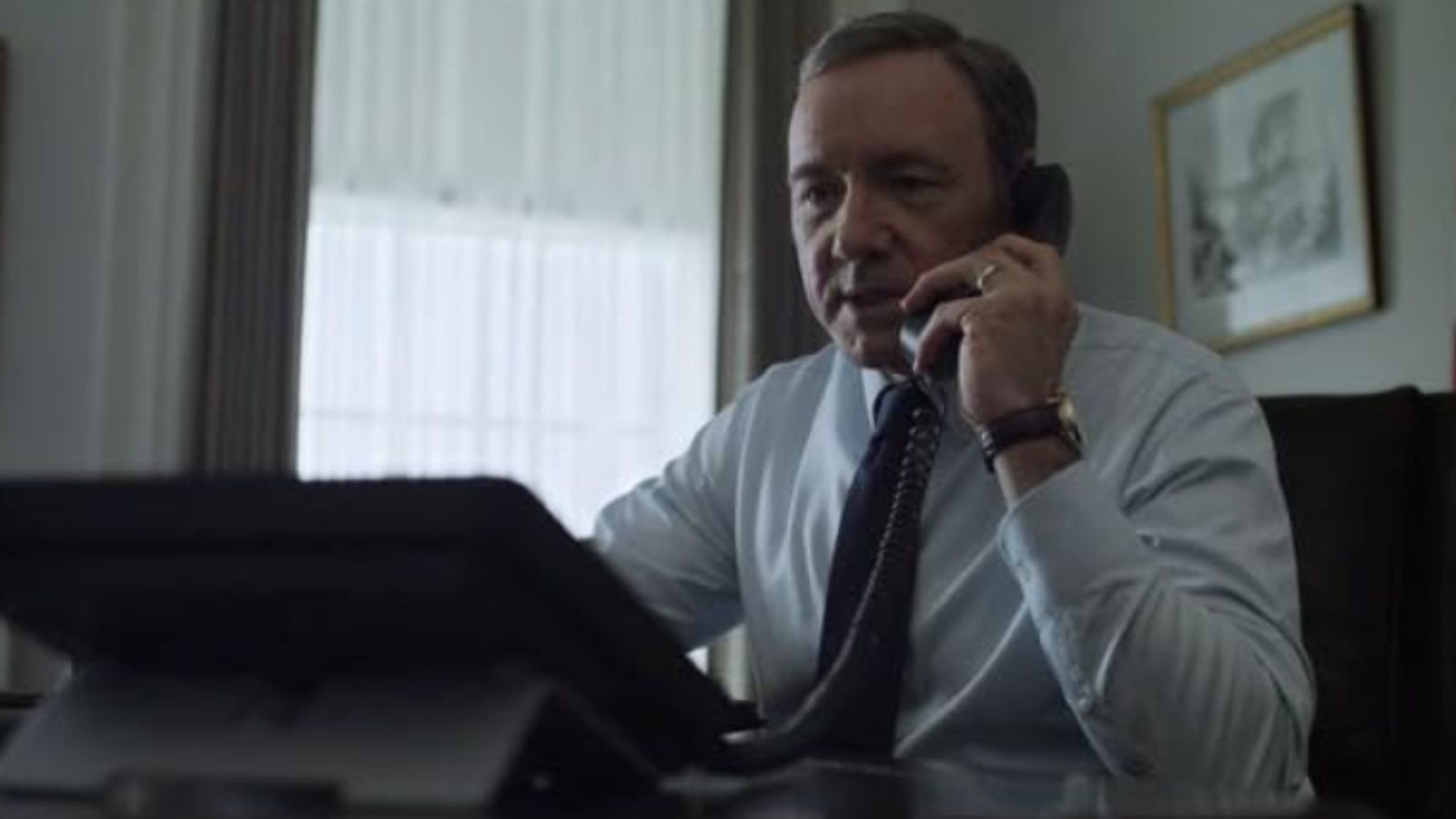
The series pulled no punches in depicting political machinations and corruption, with Frank Underwood’s cold calculations front and center. It was a captivating look at power dynamics. However, scandals both on and off-screen took center stage, and the narrative focus blurred, leading to a less impactful conclusion.
Sliders
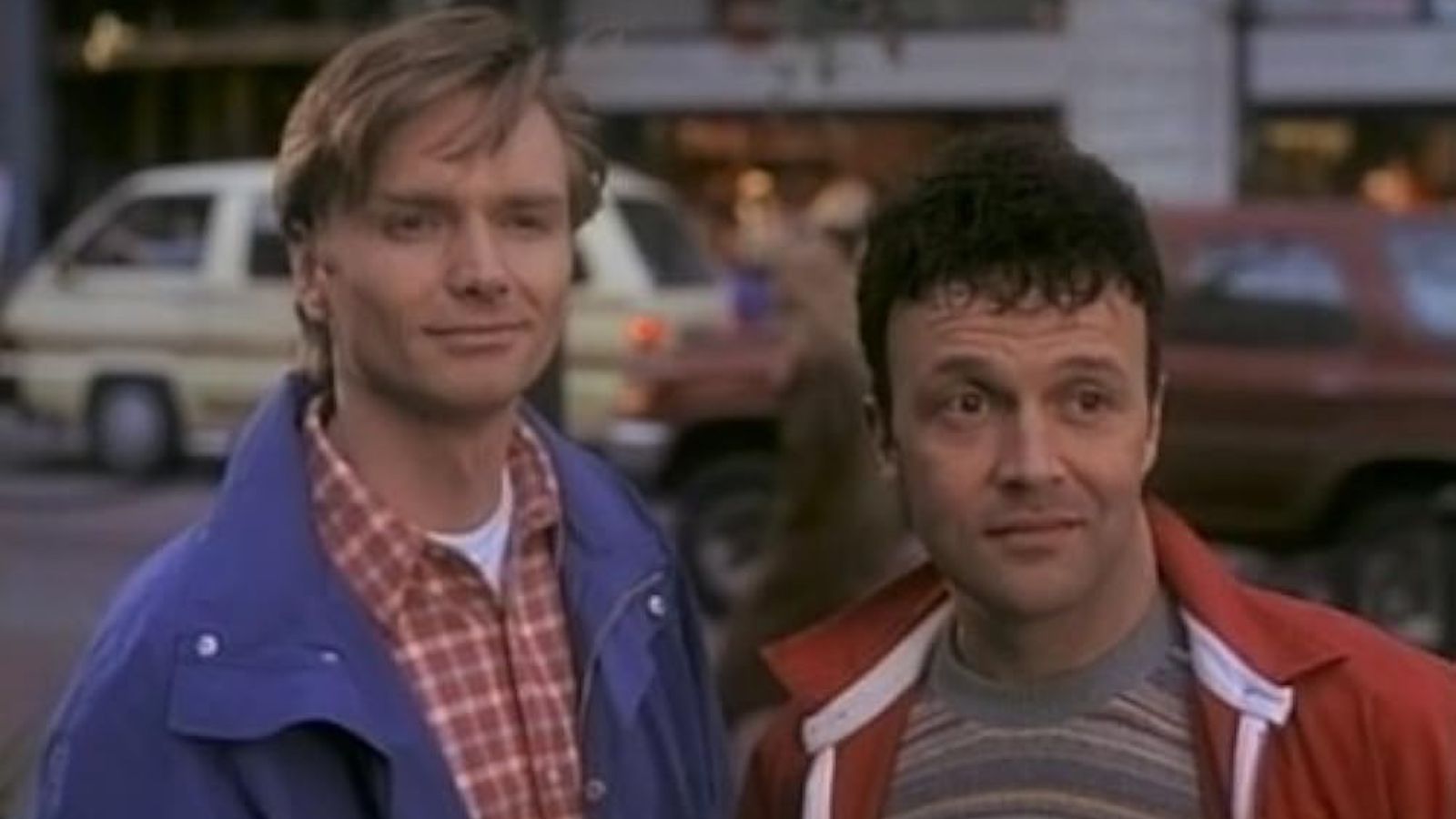
Traveling between parallel universes, “Sliders” gave us thought-provoking “what if” scenarios. The early seasons captivated with clever world-building. But as the team kept bouncing between worlds, the plots seemed to lose their originality, making us feel like we were revisiting the same scenarios with slight tweaks.
Once Upon a Time
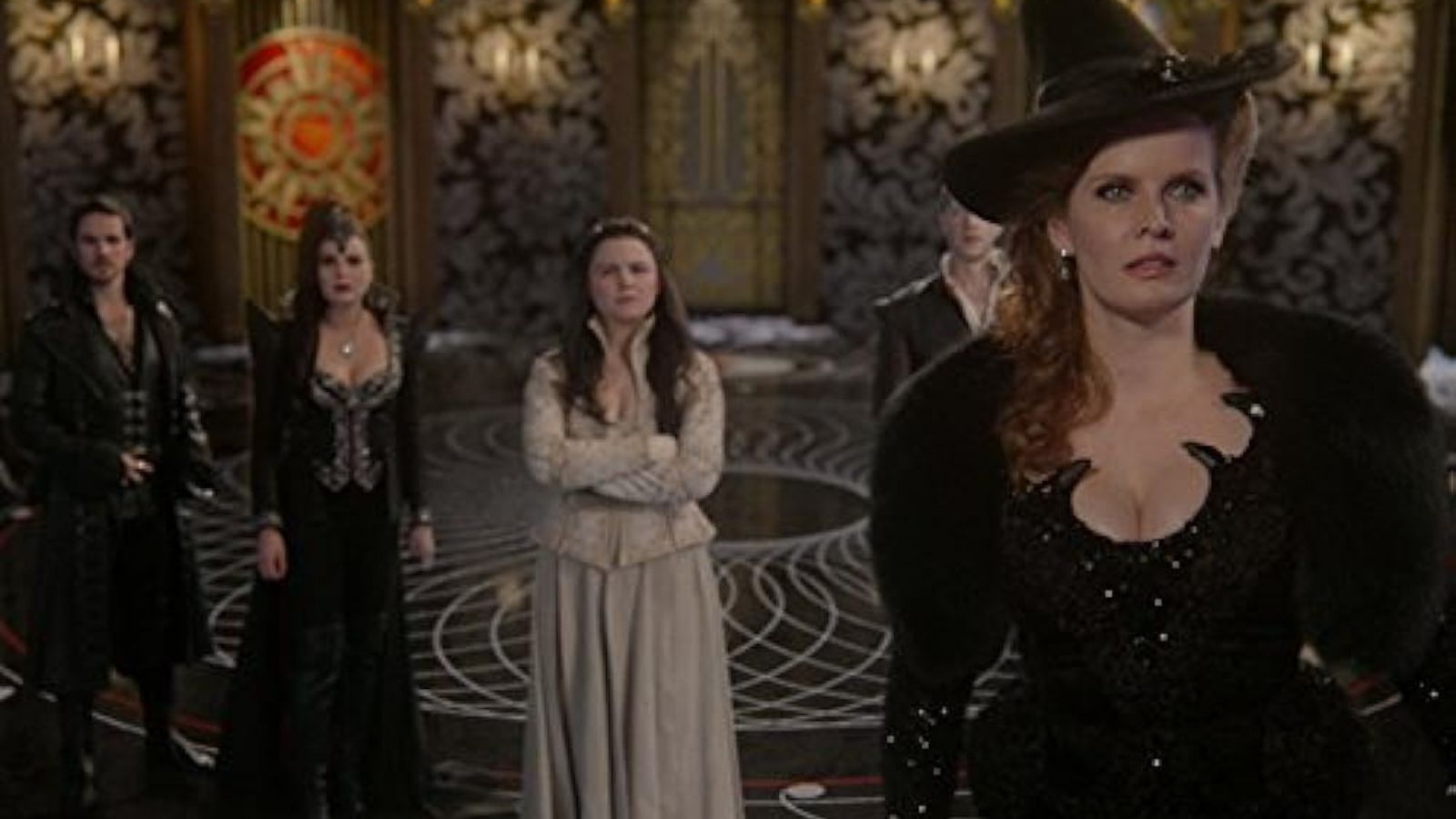
This fairy tale adaptation was brimming with potential, intertwining classic tales in a modern-day setting. The initial charm lay in discovering familiar characters in unexpected roles. However, as more and more characters were introduced, the storyline began to feel cluttered, losing its enchanting essence.
Heroes
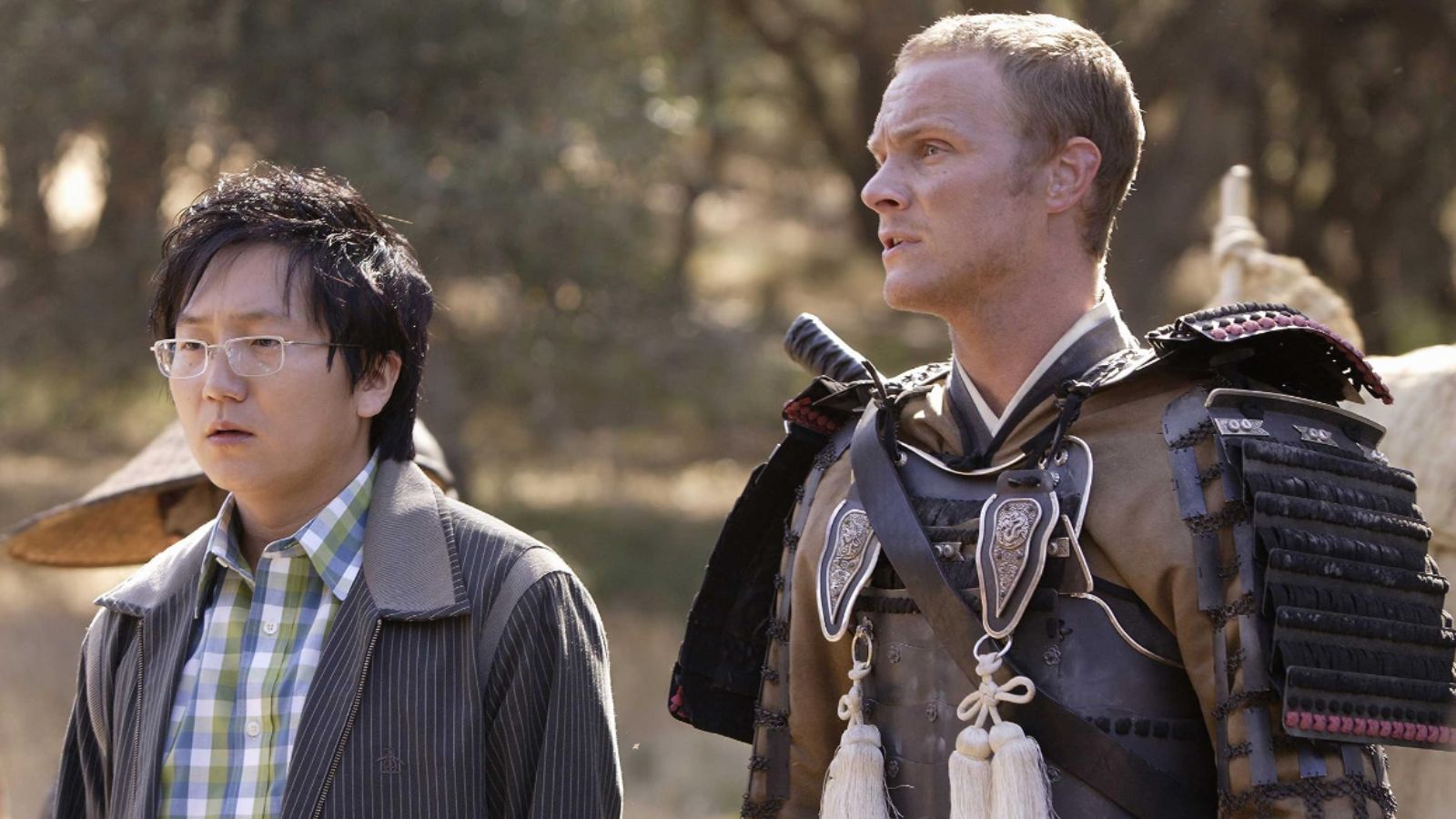
“Heroes” intrigued us with a simple yet powerful premise: ordinary people discovering extraordinary powers, such as the initial quest to save the cheerleader and the world. However, as following seasons tried to recapture the initial magic, the narrative became overly complex, and character arcs became inconsistent.
Scandal
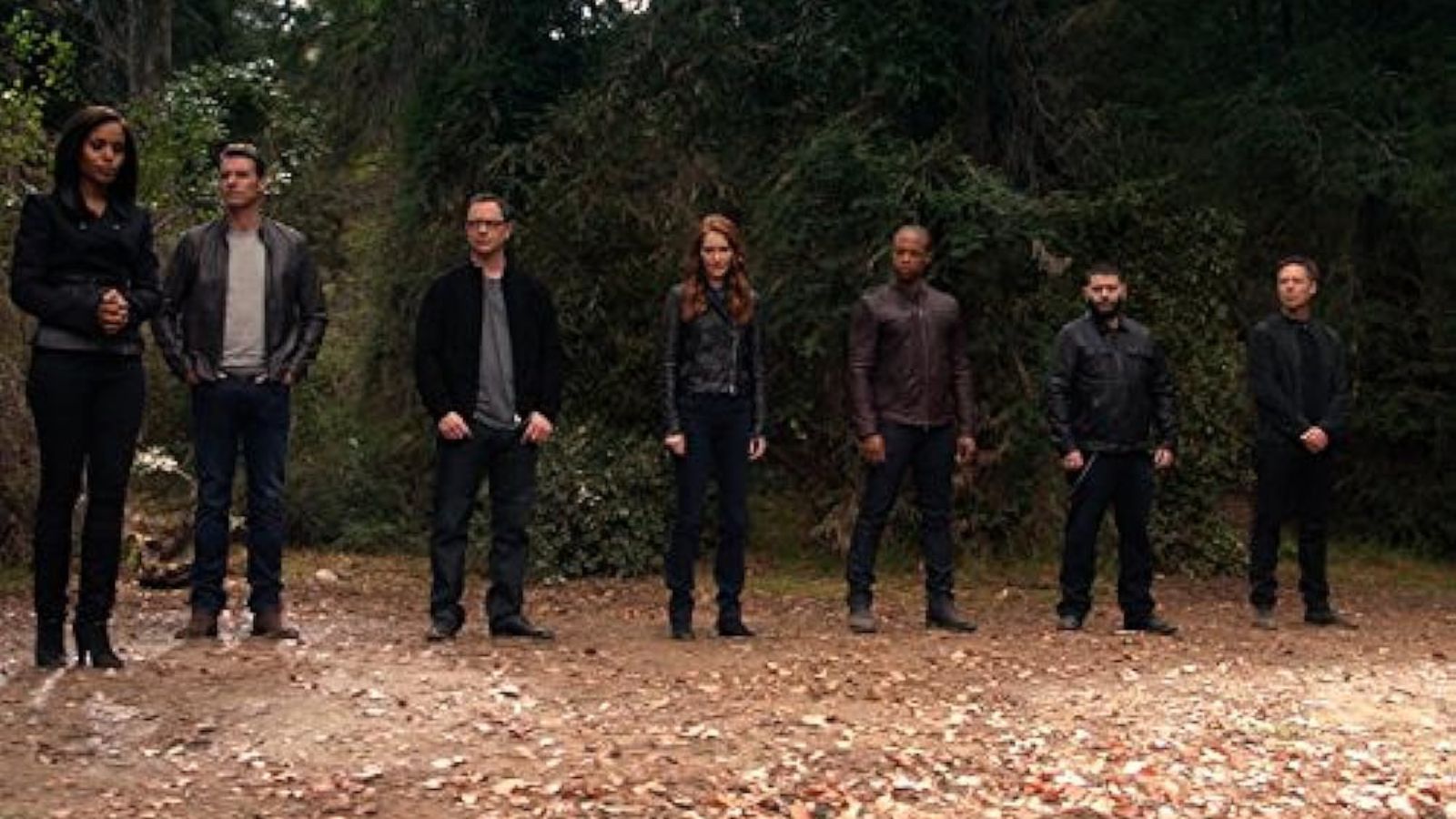
Olivia Pope’s world of PR and politics was a high-stakes drama of loyalty, betrayal, and power. Early seasons thrived on tension-filled scenarios and crisis management. But storylines soon spiraled into over-the-top territory, and the once sharp and snappy drama began to feel exaggerated.
The Walking Dead
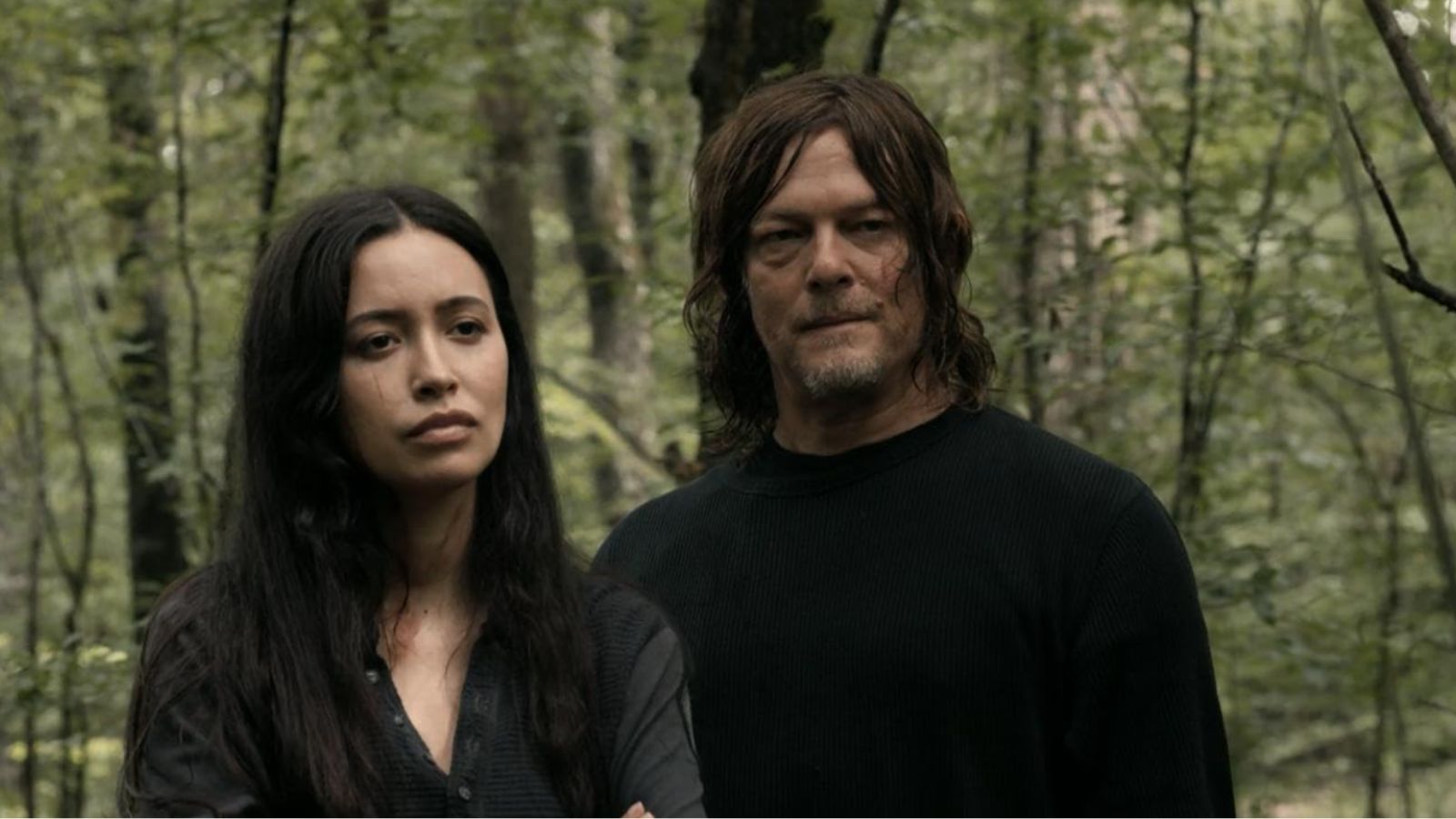
The early seasons, centered on human survival during a zombie apocalypse, tapped into our primal fears. Group dynamics, shifting loyalties, and the constant threat of the undead made it addictive. Yet, as seasons dragged on, character departures and repetitive conflicts made the once-razor-sharp tension dull.

